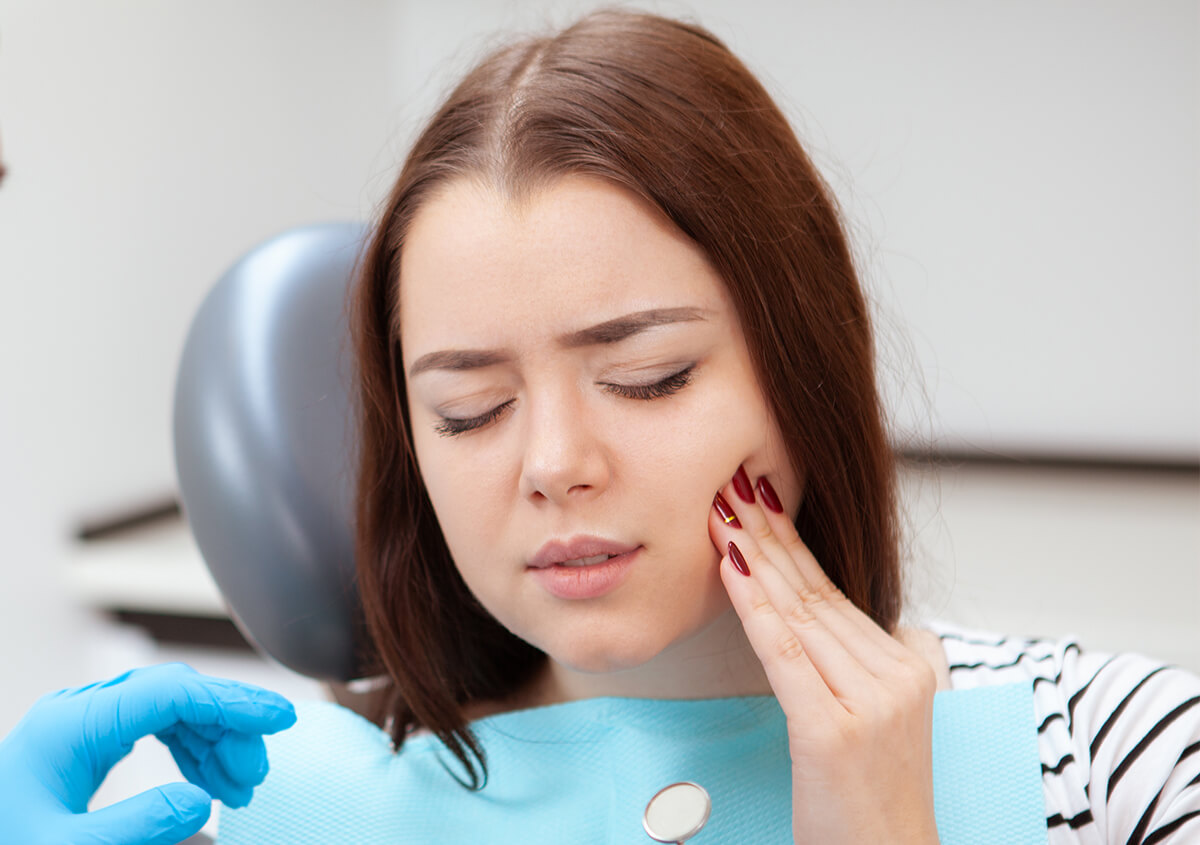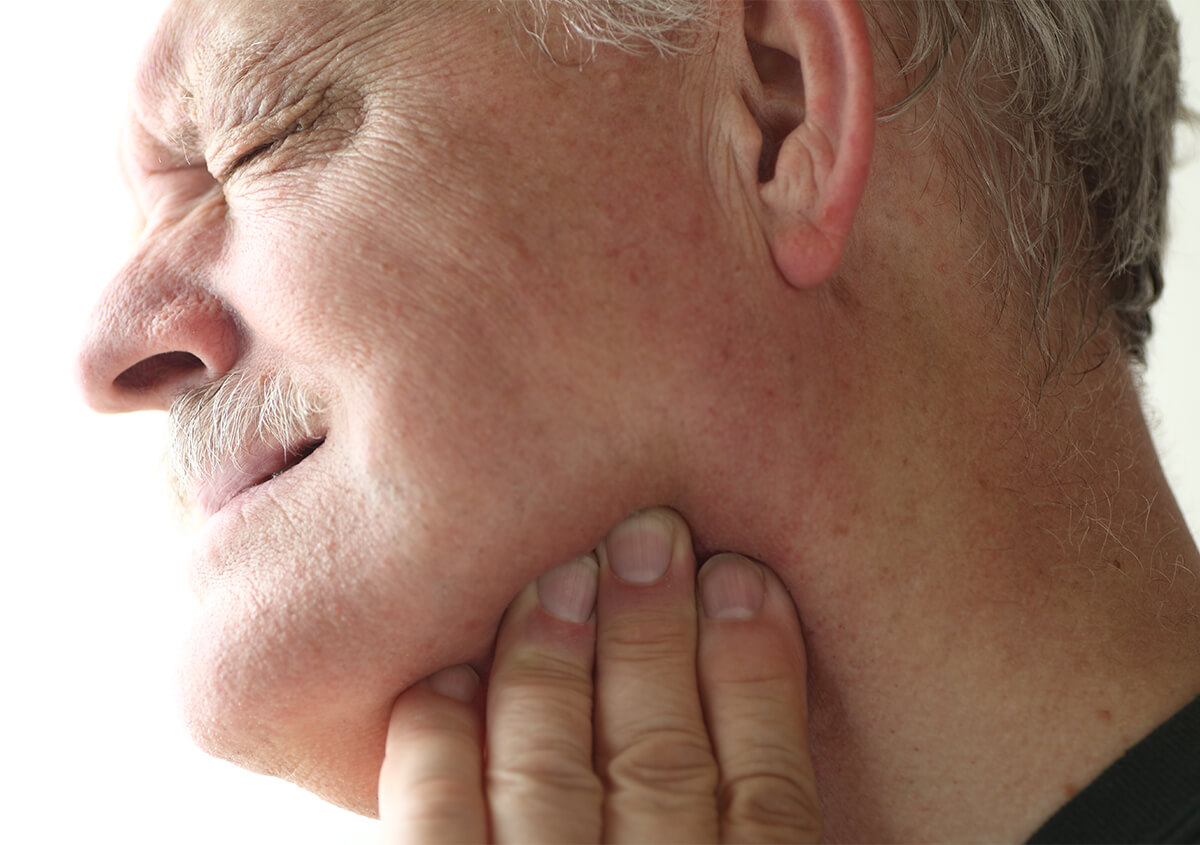There are several reasons why a patient might deal with jaw and facial pain. This includes impacted wisdom teeth, severe headaches, tooth decay, or sinus infections. But for millions of people in the United States, their jaw and facial pain is caused by TMJ dysfunction or chronic TMJ issues known as TMD (temporomandibular joint disorder). Our La Mesa, California area team at Summit Dental of La Mesa is here to help patients obtain a definitive diagnosis of their condition and speak to patients about the treatment options available.
What causes TMJ facial pain?
The TMJ is the temporomandibular joint, which hinges the upper and lower jaw together. This jaw joint can malfunction and cause patients to experience problems such as:
- Clicking and popping when opening and closing the mouth
- Lockjaw in the open or closed positions
- Pain radiating from the ears down through the neck and shoulders
- Chronic headaches and migraines
- Improperly aligned bite
How can I find TMJ pain relief?
When patients have been diagnosed with TMJ or TMD, they need to work with a dentist who understands the complexities of this condition. Drs. Richard Evans and Christine Allen of Summit Dental of La Mesa fully understand how this condition can affect one’s life. With a proper diagnosis, the team can speak to patients about pain relief options, including occlusal adjustments, orthodontic work, routine exercises, and specialized mouthpieces that can realign the jaw and reduce tension. During a consultation visit, our team will assess the patient and then make recommendations based on the severity of the condition and how much it impacts one’s daily activities.
Call the team at Summit Dental of La Mesa to request an appointment
Drs. Richard Evans and Christine Allen of La Mesa, California, understand how jaw and facial pain can impact your daily quality of life. If you are struggling with discomfort and want to obtain a proper diagnosis and discuss possible treatment options, contact our facility today at (619) 494-2492 to learn more. Our practice is located at 8530 La Mesa Blvd., Ste. 204, and accepts new patients.









